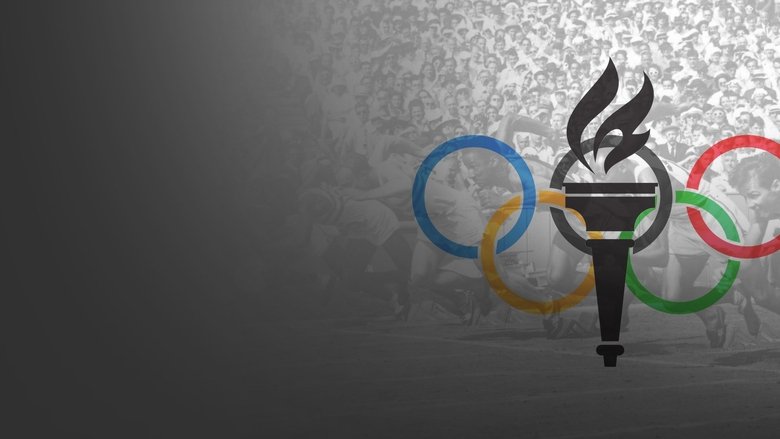Sanggyedong Olympic (1988)
When it was decided that the 88 Olympics would be held in Seoul, the residents of Sanggye-dong were forced from their homes and they struggled against the government to at least guarantee them new residences.
When it was decided that the 88 Olympics would be held in Seoul, the residents of Sanggye-dong were forced from their homes and they struggled against the government to at least guarantee them new residences.
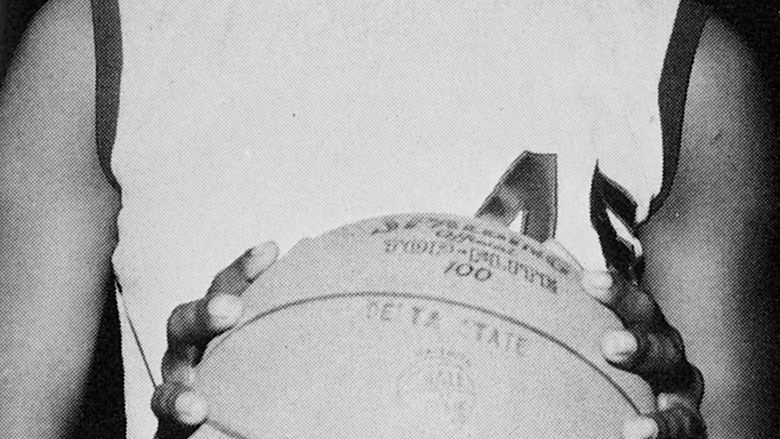
Part of the Almost Famous series. She was arguably the greatest women's basketball player. She won three national trophies; she played in the ’76 Olympics; she was drafted to the NBA. But have you ever heard of Lucy Harris?
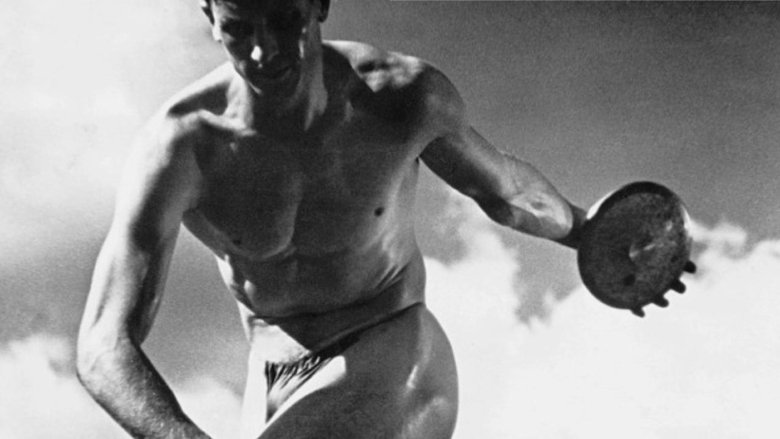
Starting with a long and lyrical overture, evoking the origins of the Olympic Games in ancient Greece, Riefenstahl covers twenty-one athletic events in the first half of this two-part love letter to the human body and spirit, culminating with the marathon, where Jesse Owens became the first track and field athlete to win four gold medals in a single Olympics.
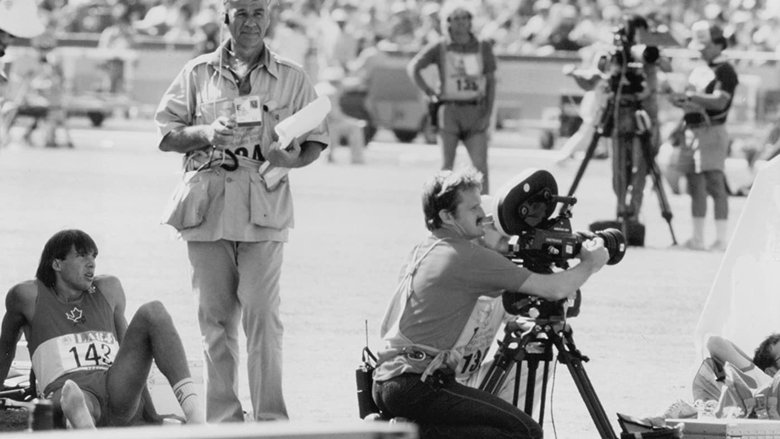
The definitive photographic record of the 1984 Los Angeles Olympics, told "from the inside" through the lives of the participants, the words of David Perry, and the singing voice of Placido Domingo. From the opening to closing ceremonies, this unique style of storytelling shows a side of the Olympic Games not seen by television audiences.
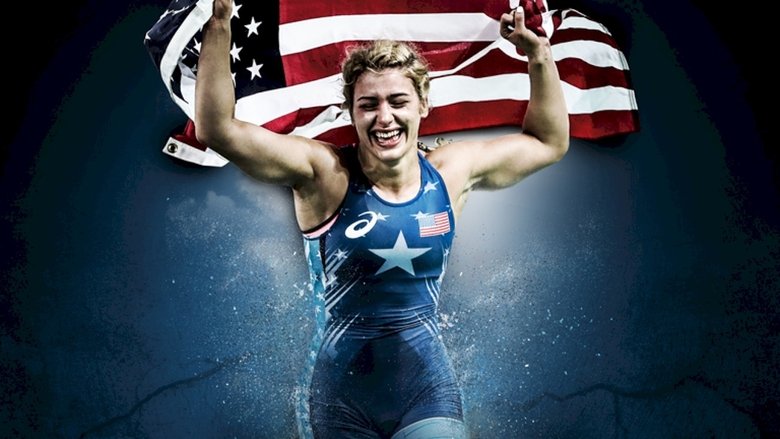
People have doubted Helen Maroulis her entire life. Many believed there was no room for her in the sport. That didn't stop her though. Since she was 13 she believed that she would be an Olympic gold medalist and nothing was going to keep her from achieving her dream. In Episode 1, Helen opens up about the obstacles she had to overcome to become the wrestler that she is today.
Russia is about to be banned from participating in the next Olympics. Six other countries are on the watch list. Not a week goes by without a new doping scandal in the world of sports. But how does the doping system really work? Who designs the programmes and who supplies the substances? Filmed in 11 countries, this multi-sports investigation explores the implications of widespread doping.
Moroccan paralympic gold medalist Azzedine Nouiri is no longer looking for the longest throw, but to overthrow the system that keeps athletes with different abilities marginalized as destitute second-class citizens.
Leni Riefenstahl's flamboyant Nazi aesthetics shaped the public image of the 1936 Olympics. Never before had sports and politics been mixed. Through archive photos and reconstructions, we get a closer look into the historical propaganda show.
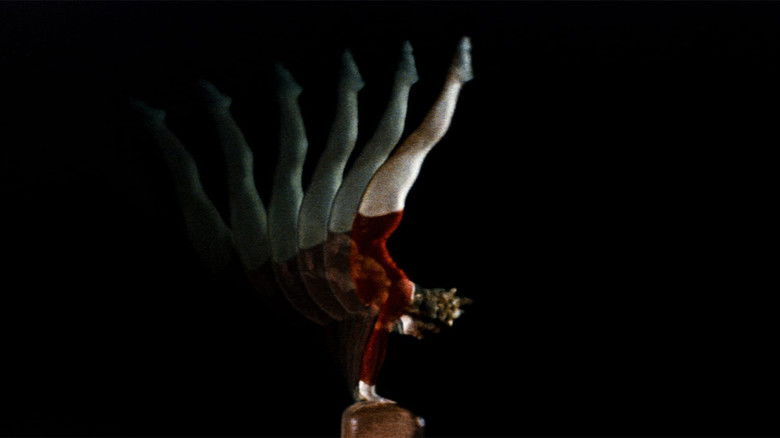
This impressionistic portrait of the 1964 Tokyo Summer Olympics pays as much attention to the crowds and workers as it does to the actual competitive events. Highlights include an epic pole-vaulting match between West Germany and America, and the final marathon race through Tokyo's streets. Two athletes are highlighted: Ethiopian marathon runner Abebe Bikila, who receives his second gold medal, and runner Ahamed Isa from Chad, representing a country younger than he is.
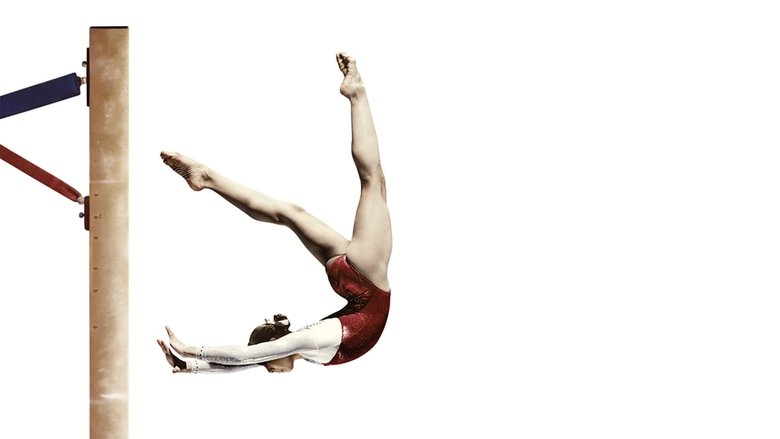
A look inside the USA gymnastics sexual abuse scandal that shook the sports world in 2017 depicting a landscape in which women spend their youth seeking victory on a world stage, juxtaposed against a culture where abuse prevails and lives are damaged forever.
This short documentary profiles the Canadian military’s organization, logistical, and security operations at the XXI Olympiad held in 1976 in Montréal. The scale of the operation was large: 16,000 troops were mobilized to provide protection for 7,500 athletes, countless VIPs, and the general public on 138 sites located in Montreal, Bromont, and Kingston. This film offers a behind-the-scenes look at the planning and synchronization necessary to mount a successful international event of massive proportions.

Part two of Leni Riefenstahl's monumental examination of the 1938 Olympic Games, the cameras leave the main stadium and venture into the many halls and fields deployed for such sports as fencing, polo, cycling, and the modern pentathlon, which was won by American Glenn Morris.
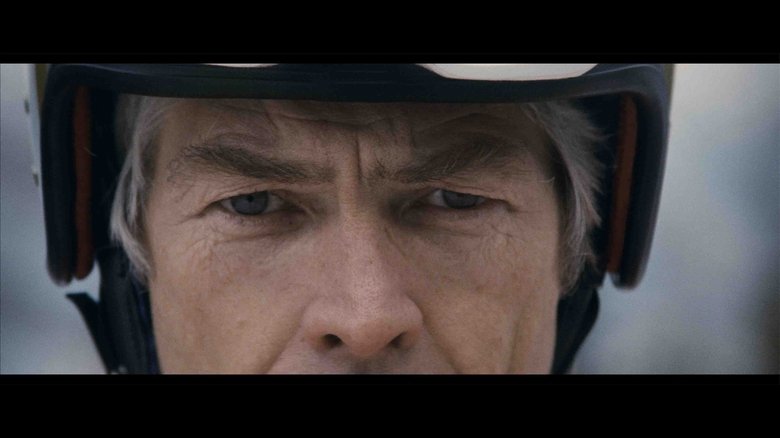
British documentary filmmaker and producer Tony Maylam reinvigorated the sports documentary genre with WHITE ROCK, an idiosyncratic and utterly engaging account of the XII Olympic Winter Games Innsbruck 1976. He did so by placing music (by organ and synth wunderkind Rick Wakeman) front and center, and by using Hollywood star James Coburn as a "guide for the uninitiated."
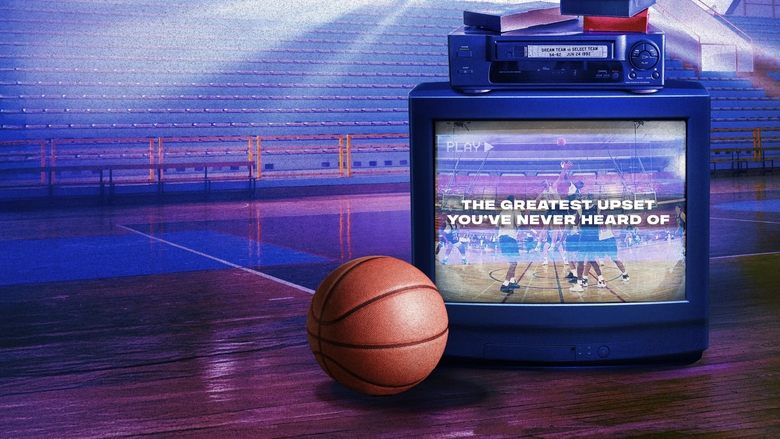
Discover the little-known story of a group of college basketball players who were tasked with preparing Larry Bird, Magic Johnson, and Michael Jordan and the rest of the legendary "Dream Team" for their Olympic debut in 1992.
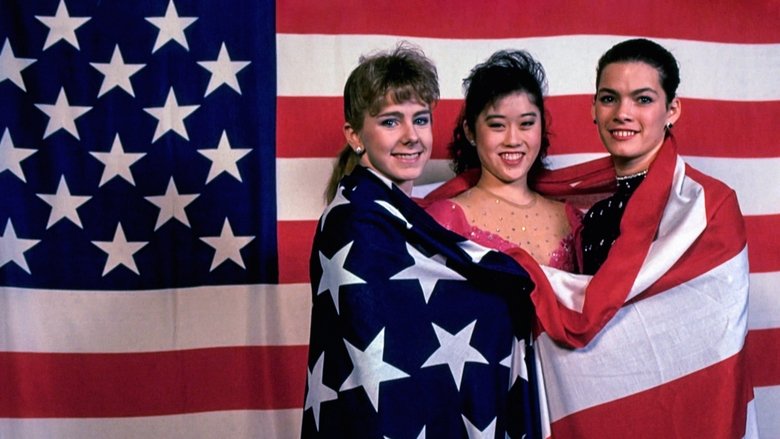
Mary Carillo looks back at the events leading up to, during and following the ladies’ figure skating competition at the 1994 Winter Olympic Games in the one-hour special, “Nancy & Tonya.” The documentary, which originally aired during NBC’s Sochi Olympics coverage, features an exclusive sit-down with Nancy Kerrigan and a one-on-one interview with Tonya Harding.
Documentary following Teddy Riner's incredible career from 2004 to 2016 before Rio Olympic Games. We learn about his roots in Guadeloupe, his training, his family and friends (among them Tony Parker and Omar Sy). And everything that has braught him to the top of Judo.
Through the eyes of the Narrator and ancient Philosophers of the time, we are taken on a dramatic journey through history; recounting the incredible and exciting dramas, ceremonies, games, and chariot races of the Ancient Greek OLYMPIAD; the Olympic Games of the 5th Century BC.
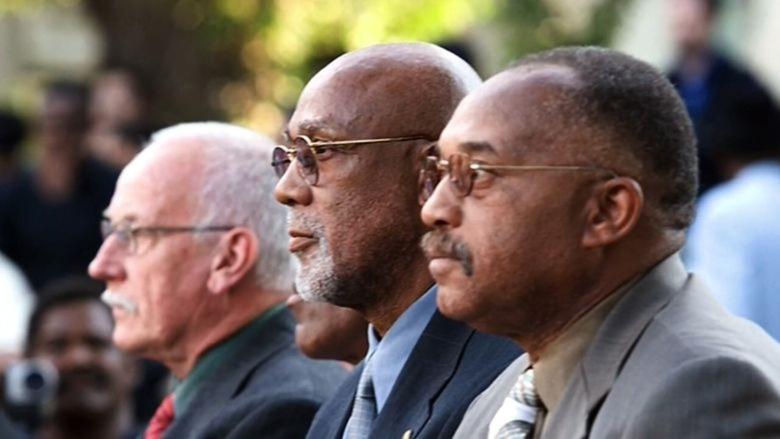
The black power salute by Tommie Smith and John Carlos at the 1968 Mexico Olympics was an iconic moment in the US civil rights struggle. Far less known is the part in that episode in history played by Peter Norman, the white Australian on the podium who had run second — and the price paid afterward by all three athletes.
